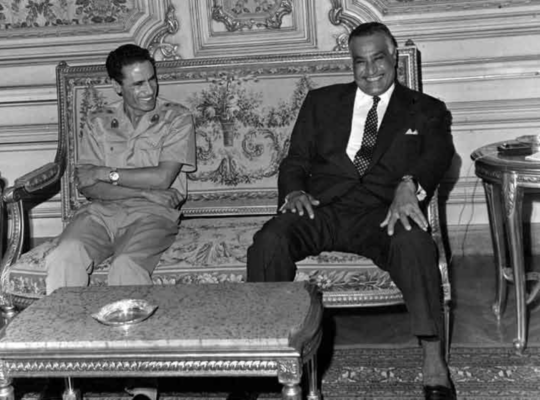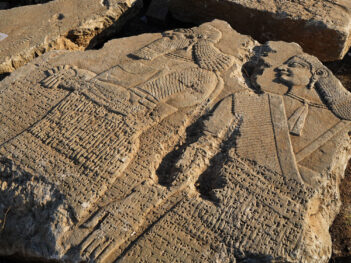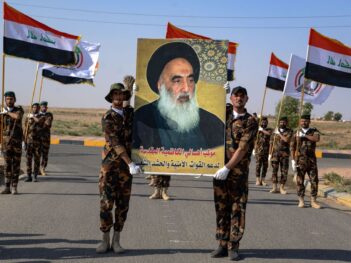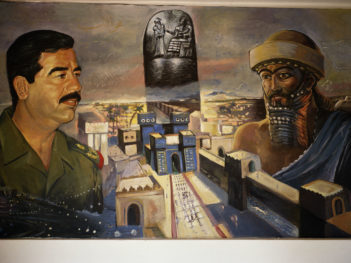
Iraq

Dying for Oil
In Iraq’s Basra, age is a luxury. Residents live under a constant cloud of pollution from oil flares, leading to a surge in cancer cases, while the government colludes with oil companies to dismiss the crisis

Much Ado About Nasser
Rare audio of a candid conversation between Egypt's Gamal Abdel Nasser and Libya's Moammar Gadhafi in 1970 has scandalized the Arab world in recent days, ultimately revealing more about contemporary Middle Eastern politics than history.

A Lost Library Holds Secrets to Our Past
Historian Selena Wisnom and New Lines’ Lydia Wilson discuss why ancient Mesopotamia is such an important, but underlooked, part of the West’s heritage.

The Weight of Gold: A Mandaean Journey Through Exile
Mandaeans follow ancient precepts of Gnosticism and worship John the Baptist. During Mesopotamia's golden era they settled along the banks of the Tigris, Euphrates and Karun rivers in what is now known as Iraq and Iran. Forced into exile by the 2003 invasion of Iraq, they are slowly disappearing.

Iraq Offers Lessons and Warnings for a New Syria
The sudden collapse of the Assad regime marks a momentous opportunity for Syrians to build an inclusive, stable democracy — but it also poses immense challenges, from rebuilding a war-torn society to preventing the rise of a new autocrat. Postwar Iraq offers lessons and cautionary tales for the nascent state.

Iran and Iraq Are Competing Over Leadership of Shiite Islam After Sistani
Grand Ayatollah Ali al-Sistani, the most senior cleric in Shiite Islam, is approaching 94 years old. His doctrine and actions, including resistance to Iranian theocracy, have proved a stabilizing force in Iraq for decades, but many wonder if more authority will pass to Iran when he is gone.

When Art and Archaeology Turn Political
New Lines contributor Olivia Snaije and contributing editor Lydia Wilson speak to Faisal Al Yafai about recent articles they wrote exploring how the Middle East’s ancient heritage continues to shape modern politics — and how the story of a nation depends on who’s telling it.
